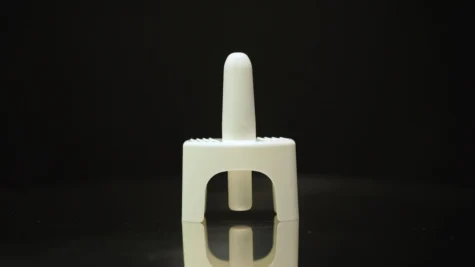Picture yourself traversing a tightrope while juggling balls, which is the same as attempting to balance between one’s work and recovery after addiction.
Fear not; this balancing act can be less daunting and more manageable with proper direction and encouragement.
Let’s dive into some handy tips for balancing work and recovery to help you on this path!
The Double-Edged Sword of Employment
Balancing work and recovery can be quite the juggling act.
Sure, working gives you a sense of regularity and, of course, an income. But, it can also pile on stress and pressure that might spark relapses.
Interestingly, the Substance Abuse and Mental Health Services Administration (SAMHSA) found that 76 percent of people battling SUD are employed.
So, it’s clear that finding the right work-recovery balance is a hot topic for many.
Tips for Maintaining a Balance while in Recovery
1. Be Transparent, but Discreet
If you feel okay with it, chat about your circumstances with your boss or the HR folks. They could offer a flexible work schedule or time off for therapy.
Just remember, it’s essential to keep your work and recovery separate. Stay professional and concentrate on your job when you’re on the clock.
2. Your Recovery Comes First
Prioritize your health and well-being.
Don’t skip out on any treatment sessions, whether medication-assisted treatment, counseling, or a support group. It’s all part of your journey to wellness.
3. Keep Time for Yourself
Maintaining a work-life balance is super important.
Avoid burning yourself out! It’s vital to draw a line between your work and personal life. Remember to set aside some ‘me-time’ for self-care activities outside your job.
4. Stay Organized
Sticking to a well-organized schedule can help you manage your time better. Plus, it means you won’t skip any therapy sessions or stuff related to your recovery.
5. Mindfulness Matters
Mindfulness practice is a real lifesaver when it comes to dealing with stress and anxiety.
Meditation or deep breathing exercises can be your best friends in those tough, stress-filled moments.
6. Find Strength in Numbers
Getting involved in a support group can give you a boost, a sense of understanding, and real-life tips.
Connecting with others going through the same stuff is comforting and helpful.
7. Keep Your Chin Up
Stay upbeat! Rejoice in your little wins and keep your spirits high when times get tough. The road to recovery is a roller coaster ride, but remember, every step forward counts as a win.
Laws to Help Working Clients in Addiction Recovery
Knowing your rights and understanding these laws can provide peace of mind and support as you navigate recovery while maintaining employment.
In addition to taking care of yourself during recovery, there are also laws in place to protect individuals who are balancing work and recovery.
Americans with Disabilities Act (ADA)
There is a law in America called The Americans with Disabilities Act (ADA) that criminalizes any kind of discrimination based on disability, including those people who are trying to quit drug and alcohol use.
As a result, this implies that employers have to show some flexibility and support for their workers.
At times, they may need to adjust work schedules, allow time off for therapy or support group meetings, and even change job duties for employees receiving treatment for substance abuse conditions.
The Family and Medical Leave Act (FMLA)
If you’re dealing with health issues, particularly struggles with substance addiction, don’t forget that the Family and Medical Leave Act (FMLA) allows you to take up to 12 weeks of unpaid leave each year.
In addition, it’s comforting to know your employment is secure during this break.
Moreover, you should keep your colleagues updated about how you are progressing through recovery and what you need from them; talk to your boss, too.
When everyone at work pulls together like this, the workplace can become a powerful support system for overcoming addiction.
Professional Care for Addiction Recovery
Beating addiction involves self-care and support from loved ones, but it’s also essential to consider professional help.
Addiction is a complex condition that often requires specialized care and various treatment options.
There are numerous paths to choose from, including options catering to those still employed.
- Outpatient Rehab: This form of treatment enables individuals to maintain jobs while being treated. Typically, outpatient programs include counseling sessions with therapists or counselors concerning how one can manage addictions.
- Intensive Outpatient Programs (IOP): These are highly structured forms of outpatient rehab that involve frequent therapy sessions held more regularly than typical counseling appointments.
- Teletherapy: Due to technological advances, several therapists now offer virtual therapy sessions where individuals can get professional help without quitting their jobs.
The client must determine the best treatment option for their needs and lifestyle.
Rehab does more than just help overcome addiction – it also provides tools for managing work stress, preventing relapses, and facing life’s challenges head-on.
Reach Out to Souther Sky When You Need Help with Balancing Work and Recovery
Are you struggling with balancing your recovery and work? Southern Sky Recovery understands this, and we are here to assist you.
We are devoted to accompanying you through this journey of healing. It may not be easy to juggle career life and your well-being, but it is possible.
Having the proper support and strategies makes a difference.
So, let’s pause, take a deep breath, and remember that recovery is more of a marathon than a sprint.
Feel free to reach out to us at Southern Sky Recovery anytime. We’re always here to help!



